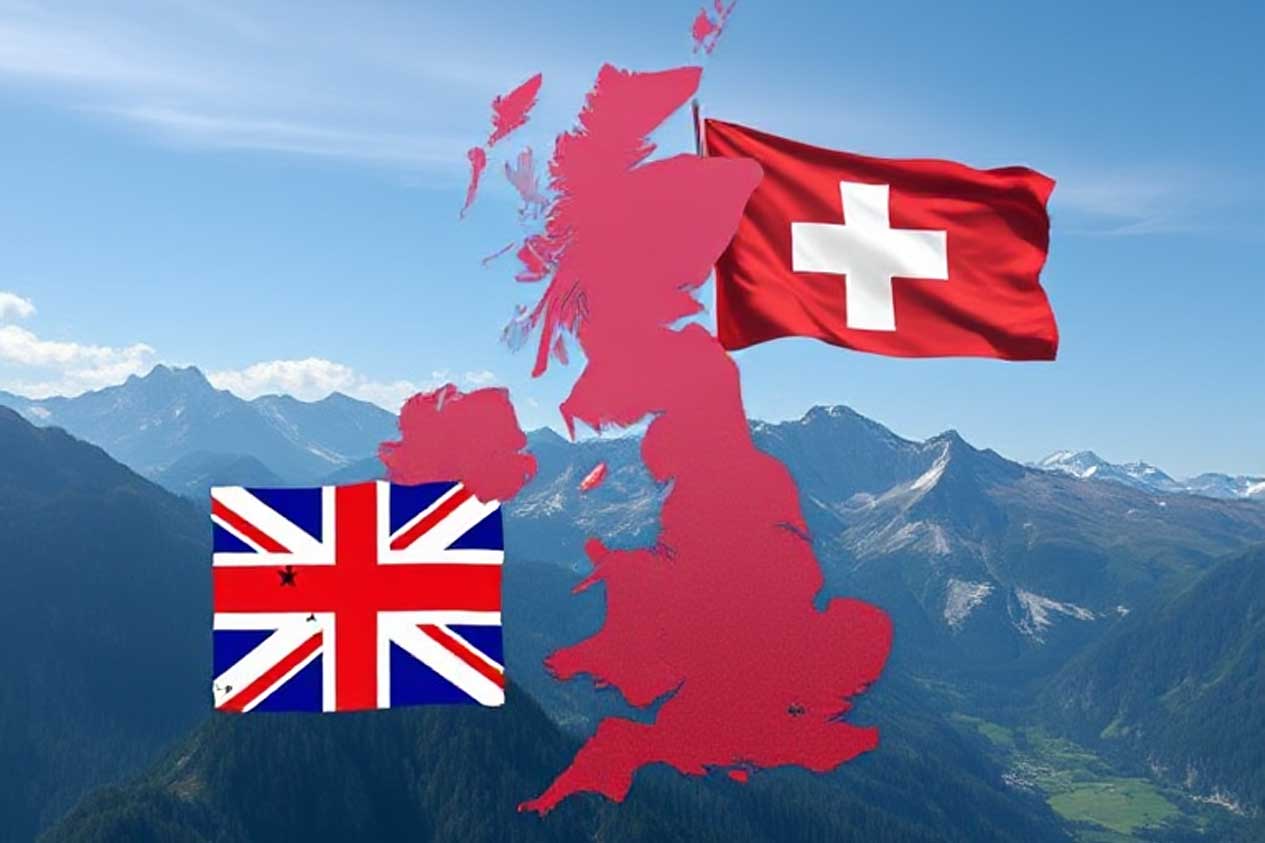A new deal that permits professionals with UK qualifications to work in Switzerland. It takes the place of a comparable deal that was in effect throughout the UK’s exit from the EU and ended at the end of 2024.
Ministers have announced a new deal that will allow UK-qualified professionals to operate in Switzerland, including lawyers and ski instructors.
According to the Department for Business and Trade, the UK-Switzerland Recognition of Professional Qualifications Agreement will allow British credentials in over 200 professions to be accepted in Switzerland.
It takes the place of a comparable deal that was in effect throughout the UK’s exit from the EU and ended at the end of 2024.
The news being made during the World Economic Forum’s annual conference in Davos this week, which will be attended by Business Secretary Jonathan Reynolds and Chancellor Rachel Reeves.
The agency claims that the new agreement will cover a variety of occupations, including auditors, driving instructors, cabin staff, and, for the first time, anaesthetists.
The people’ Rights Agreement, which covered Swiss and UK people residing in both countries and offered comparable protection for professional credentials, was replaced in 2018 as the UK was exiting the EU.
“I know the challenges faced by UK professionals when working abroad, and innovative agreements like this will make a real difference to our world-class services sectors,” Mr. Reynolds said, drawing on his experience as a trainee solicitor.
As a government that is steadfastly pro-business, we want to make it as easy as possible for UK companies to conduct business overseas, he continued.
As a government that is steadfastly pro-business, we want to make it as easy as possible for UK companies to conduct business overseas, he continued.
“This agreement is a testament to our unwavering commitment to economic growth, as the UK and Switzerland are two global leaders in services trade.”
This week’s gathering in Switzerland follows the World Economic Forum’s study last week, which revealed that growing worries about armed conflicts are causing global economies to lose hope.
However, according to the WEF’s annual global risk report, the largest long-term concerns are still climate change and extreme weather events, and rising geopolitical pressures are making the economy more uncertain.
52% of the more than 900 global risk experts, policymakers, and business executives surveyed said they expect a “unsettled” global environment during the next two years.
Concerns about changing trade policies are also connected to this, given that Donald Trump of the US may impose additional tariffs on other nations later this year.


